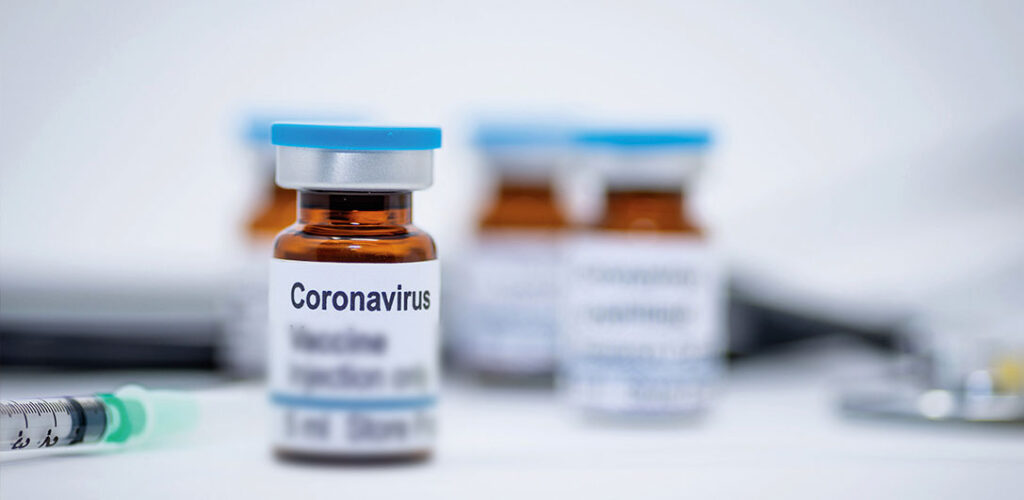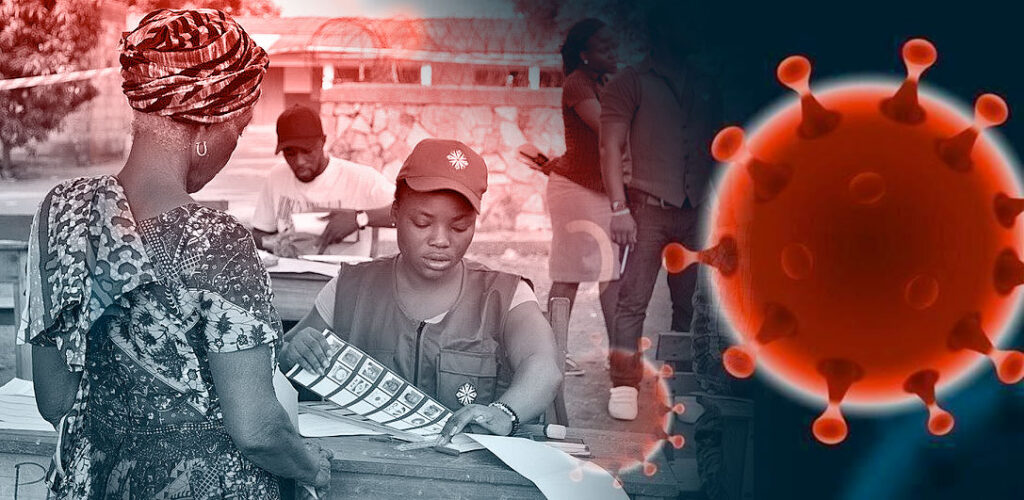Willingness to Pay for COVID-19 Testing and Vaccine: Evidence from Ghana and South Africa
The COVID-19 pandemic has had adverse effect on countries around the world over. As at November 22, over 55.6 million and 1.34 million people globally have been infected and killed respectively by COVID-19. Africa accounts for only 3.7 percent (2,057,299 people) and 3.7 percent (49,415 people) of the number of infections and deaths in the world. It has been suggested that the low rate of testing for the disease in Africa might be one of the reasons for these low figures. Most governments, especially in Africa are unable to do mass testing of COVID-19 because of financial constraints associated with setting up of laboratories for testing and buying of test kits. Currently, there is no vaccine for this deadly disease; however, according to the World Health Organization (WHO), as at November 12, 48 candidate vaccines are in various stages of clinical evaluation for prevention of COVID-19, and a vaccine is expected to be available in the near future. Considering the huge financial cost associated with laboratory testing of COVID-19 and the development of its potential vaccine, it is necessary to assess individuals’ and societies’ willingness to pay for these.As part of AIDRE’s COVID-19 socio-economic survey, we examined individuals’ willingness to pay for COVID-19 testing and vaccination in Ghana and South Africa. Self-administered questionnaires were sent to respondents through electronic mails and social media platforms such as Facebook, LinkedIn and WhatsApp. The data collection was conducted between May, 22 and July 22, 2020; and 2,291 individuals took part in the survey. HIGHLIGHTS OF THE FINDINGS 1. Willingness to Pay for COVID-19 Testing 38% of Ghanaians and 36% of South Africans are not willing to pay for COVID-19 Testing. Majority of those who are not willing to pay for COVID-19 test believe that it is their governments’ responsibility to pay for them. Lack of money is the second reason for not willing to pay. Few Ghanaians (4.1%) and South African (8.9%) who indicated not willing to pay for COVID-19 testing believe that COVID-19 is not real For both countries, majority are willing to pay any amount between US$1 to US$5 for COVID-19 Testing 12.5% of participants from South Africa are willing to pay over US$20 for COVID-19 testing while only 3.9% of those from Ghana are willing to pay such amount Average WTP for COVID-19 testing in Ghana is US$10 and that of South Africa is about US$20. 2. Willingness to Pay for COVID-19 Vaccine 29% and 25% of participants from Ghana and SA respectively are not willing to pay for COVID-19 vaccine. Majority of those who do not want to pay for a potential COVID-19 vaccine believe the government should pay for the cost of vaccine. The second most cited reason is the disbelief in vaccines. For both countries, majority of participants are willing to pay US$1 to US$15 for COVID-19 vaccine. However, while about 18% of participants from South Africa are willing to pay above US$60 for potential vaccine, only 3.5% of those from Ghana are willing to pay that amount. Average WTP for COVID-19 vaccine among respondents from SA is four times (US$80.37) that of Ghana (US$20). image source: www.ris.world

